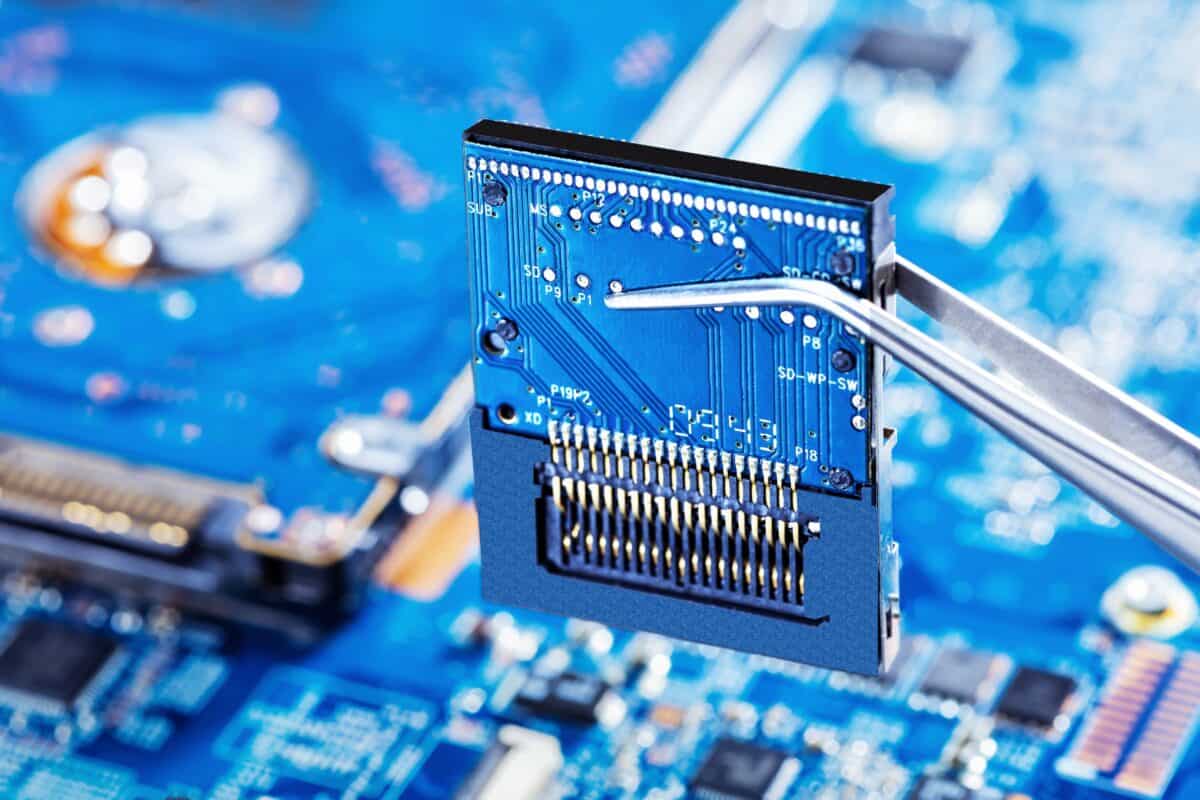In the digital age, the quest for the fastest chip in the world is akin to the space race of the 20th century. The semiconductor industry, a cornerstone of modern technology, is a battleground where tech giants compete fiercely to claim the title of the fastest chip maker. This article will delve into the intricacies of this race, exploring the key players, their latest offerings, and the technologies that propel them to the forefront of this high-stakes competition.
Intel, AMD, and Apple are the three main contenders in the race for the fastest chip. Intel, a veteran in the industry, has been a dominant force for decades. However, the landscape began to shift when AMD introduced its Zen architecture, which significantly boosted the performance of its chips. Meanwhile, Apple, a relative newcomer in chip manufacturing, has disrupted the status quo with its M1 chip, which has garnered rave reviews for its speed and efficiency.
Intel's latest offering, the 11th Gen Core i9-11900K, is a formidable contender. It boasts 8 cores, 16 threads, and a maximum turbo frequency of 5.3 GHz. However, it faces stiff competition from AMD's Ryzen 9 5950X, which features a whopping 16 cores, 32 threads, and a max boost clock of 4.9 GHz.
Apple's M1 chip, on the other hand, is a different beast altogether. It's an ARM-based chip, which means it's fundamentally different from the x86 architecture used by Intel and AMD. The M1 chip integrates the CPU, GPU, Neural Engine, I/O, and more into a single system on a chip (SoC), resulting in unprecedented performance and power efficiency.
While raw speed is a crucial factor, it's not the only consideration in determining the fastest chip. Power efficiency, heat generation, and cost are also significant factors. For instance, while AMD's Ryzen 9 5950X may not reach the same peak clock speed as Intel's i9-11900K, it offers superior performance per watt, making it a more efficient chip overall.
In terms of technology, the transition to smaller process nodes is a key factor in boosting chip speed. Both Intel and AMD are working on 7nm and 5nm process nodes, which allow for more transistors on a chip, thereby increasing performance. Apple, in collaboration with TSMC, has already achieved the 5nm process with its M1 chip.
The race for the fastest chip is a dynamic and ever-evolving competition. It's not just about who's on top now, but who can sustain their lead in the long run. With advancements in technology such as 3D stacking, AI acceleration, and quantum computing, the future of chip manufacturing promises to be an exciting one.
In conclusion, the question of who makes the fastest chip in the world doesn't have a straightforward answer. It depends on various factors, including raw speed, power efficiency, and technological innovation. Currently, Intel, AMD, and Apple are at the forefront of this race, each with their unique strengths and offerings. As technology continues to evolve, so will the landscape of the semiconductor industry. The race is on, and the finish line is nowhere in sight.
